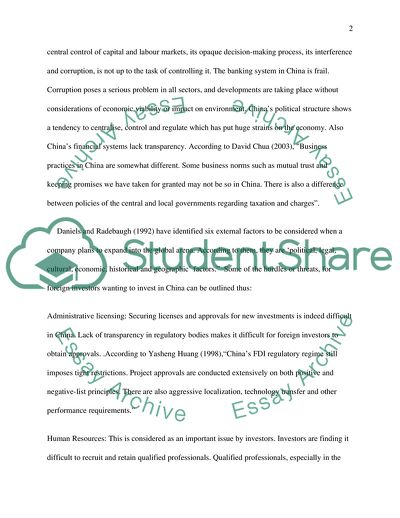Cite this document
(Investing in China Assignment Example | Topics and Well Written Essays - 2000 words, n.d.)
Investing in China Assignment Example | Topics and Well Written Essays - 2000 words. https://studentshare.org/finance-accounting/1719032-investing-in-china
Investing in China Assignment Example | Topics and Well Written Essays - 2000 words. https://studentshare.org/finance-accounting/1719032-investing-in-china
(Investing in China Assignment Example | Topics and Well Written Essays - 2000 Words)
Investing in China Assignment Example | Topics and Well Written Essays - 2000 Words. https://studentshare.org/finance-accounting/1719032-investing-in-china.
Investing in China Assignment Example | Topics and Well Written Essays - 2000 Words. https://studentshare.org/finance-accounting/1719032-investing-in-china.
“Investing in China Assignment Example | Topics and Well Written Essays - 2000 Words”. https://studentshare.org/finance-accounting/1719032-investing-in-china.


